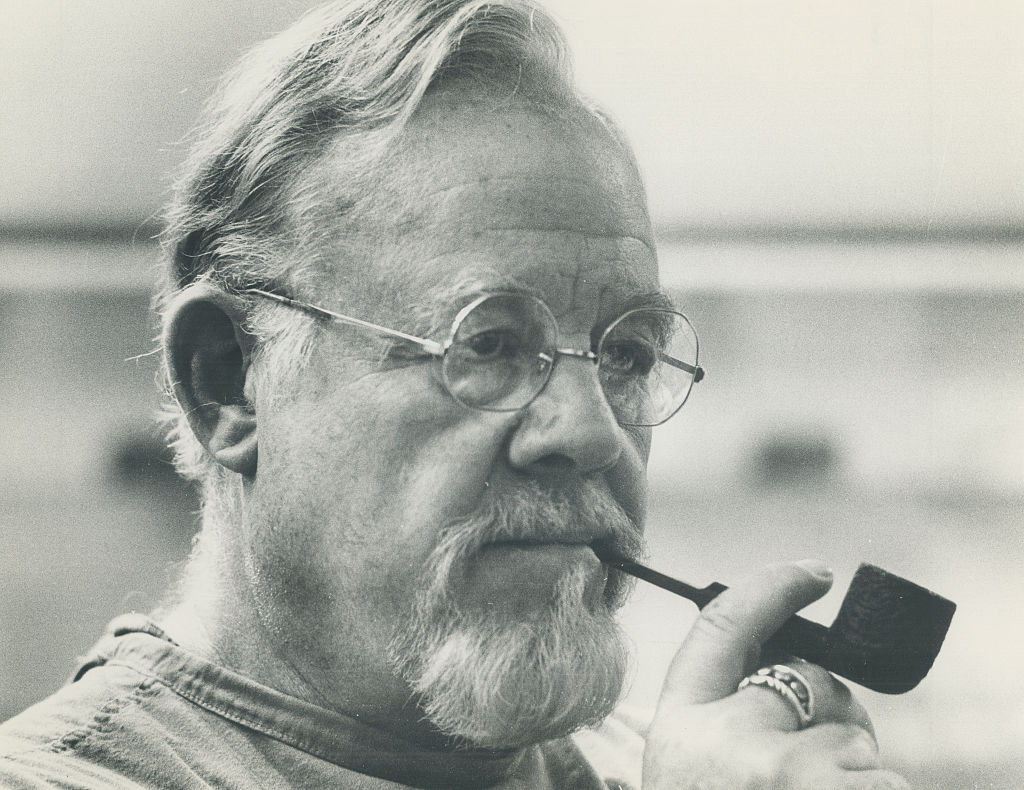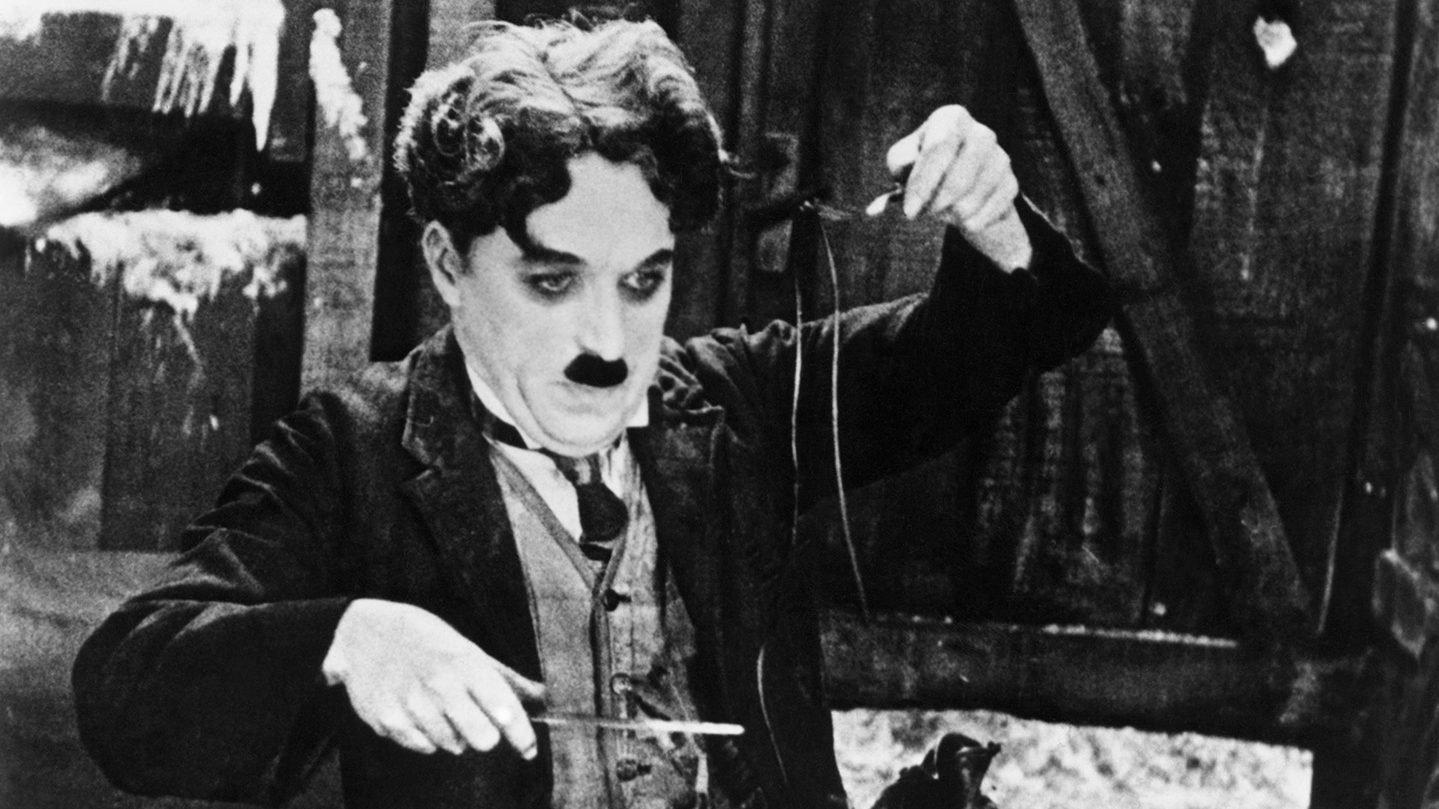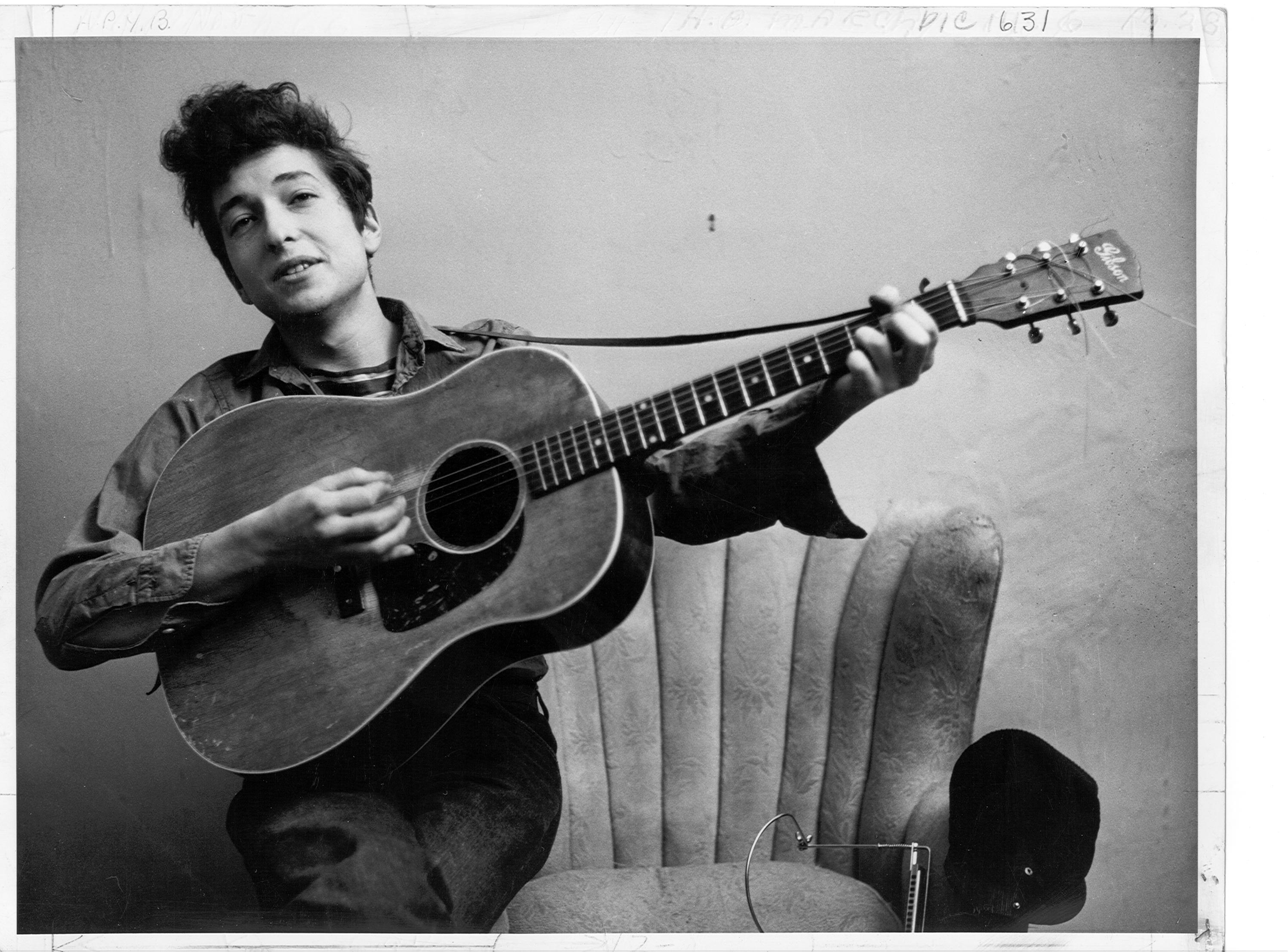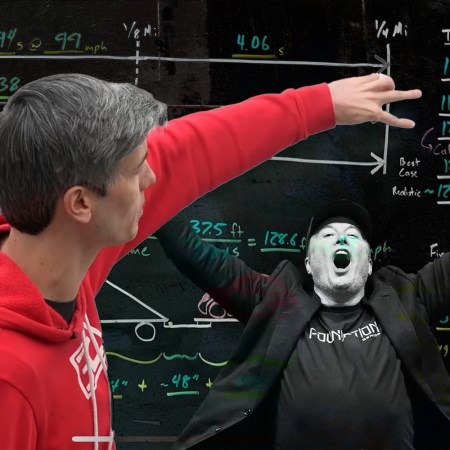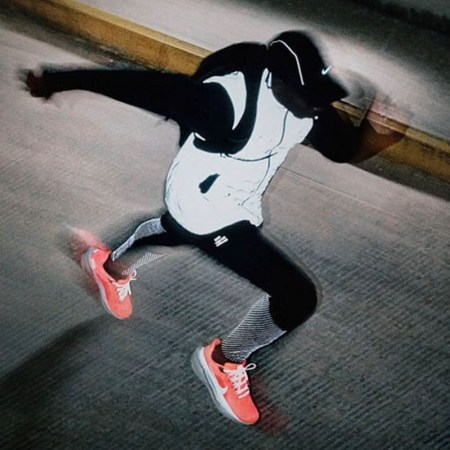Readers of a certain age might know Burl Ives best for his work narrating the 1964 television program Rudolph the Red-Nosed Reindeer. Readers with a penchant for folk music might recall Ives better for his work as a folksinger in the mid-20th century. But Ives’s long career also featured a controversial moment during his heyday — and it’s one that left him estranged from a number of his peers for most of his life.
A new article at CrimeReads, adapted from Aaron Leonard’s new book The Folk Singers and the Bureau: The FBI, the Folk Artists and the Suppression of the Communist Party, USA 1939-1956, tells the story of Ives’s involvement with the House Un-American Activities Committee in the early 1950s.
After Ives was named in the anti-communist journal Red Channels, he acted as a cooperative witness before Congress — a decision which alienated him from many of his peers, including Pete Seeger.
The story of this schism is a familiar one, but Leonard’s account of it journeys to some previously underreported places. Leonard notes that Ives’s FBI file includes documents of Ives’s interactions with one Boris Morros, who worked for Paramount and Jack Benny’s radio show. Morros was also a double agent, working first for the Soviet Union and then for the FBI.
Several people with whom Morros had worked ended up being charged with espionage — offering another explanation of why Ives may have opted to make such a contentious decision. The effects of the Red Scare, and of HUAC’s activities, lingered for decades to follow; Ives’s own involvement in all of this is but one story among many.
Subscribe here for our free daily newsletter
Thanks for reading InsideHook. Sign up for our daily newsletter and be in the know.
